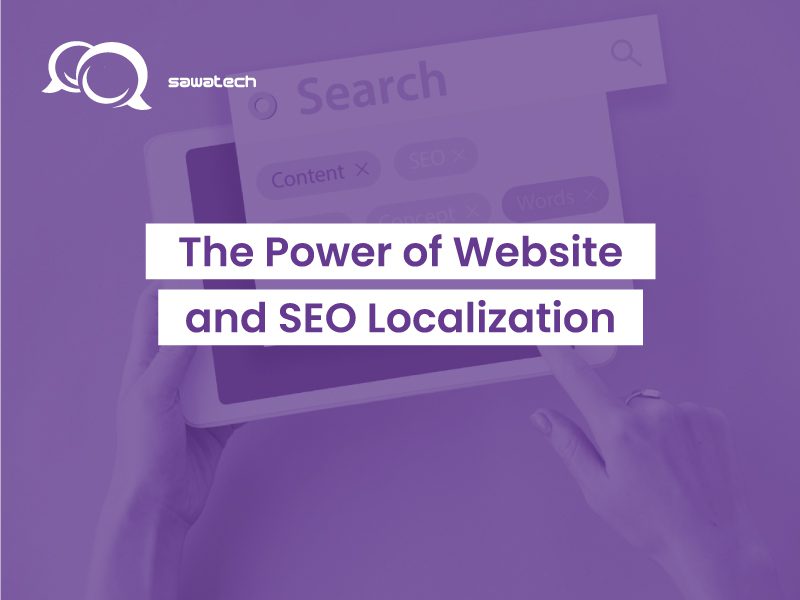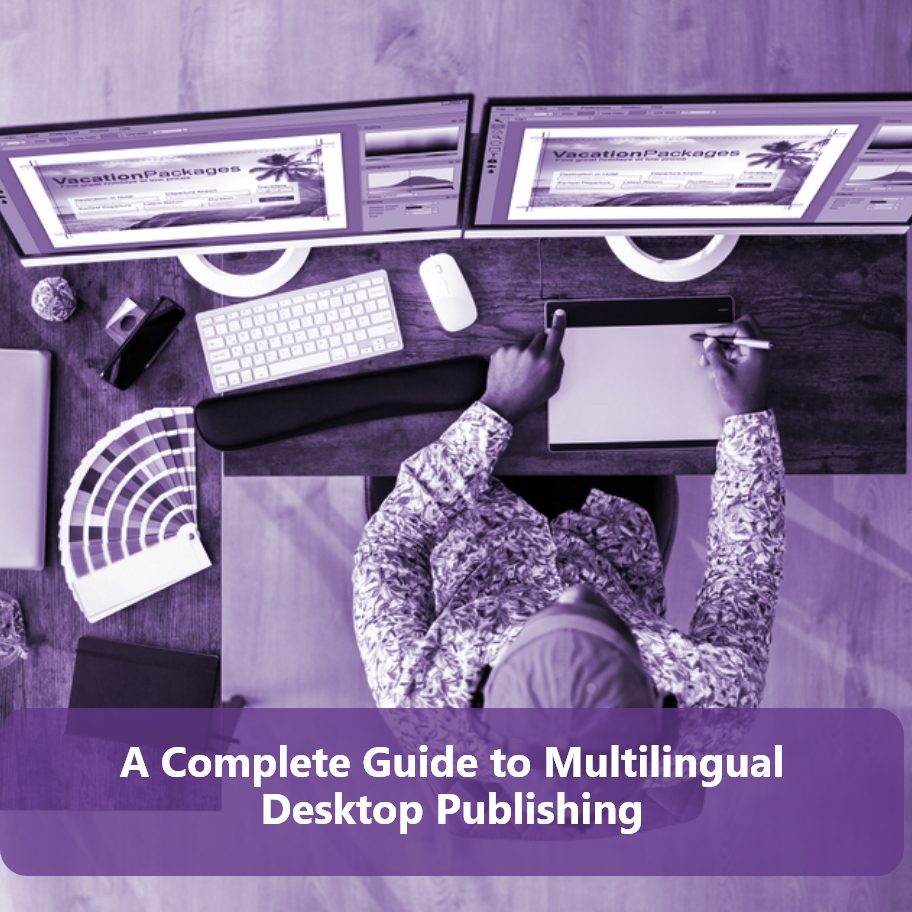You’re stepping into a new market and looking to establish your brand presence and visibility among your target audiences. To achieve this, you’ve turned to translation services to communicate in their language. That makes sense, doesn’t it?
Absolutely, but there’s more to that.
While Sneakers and trainers both mean the same thing in English, they carry different meanings in the USA and UK.
Without SEO localization, your content might employ the wrong keyword for a particular locale, potentially hindering your visibility efforts in new markets.
That’s where website and SEO localization comes in.
But before expanding to that, what exactly are website and SEO localization and their impact on your business? Let’s explore.
Your Business Visibility: The Journey from SEO to International SEO
Initially, what is SEO?
SEO, or search engine optimization, is a meticulous process of optimizing your website and its positioning to rank higher on search engine results pages (SERPs).
As the first step, we must understand why it’s crucial to achieve a high ranking on search engines.
- The first result on Google receives 27.6% of the total CTR, which is the highest number.
- Meanwhile, only 0.63% clicked on a URL from the second Google page.
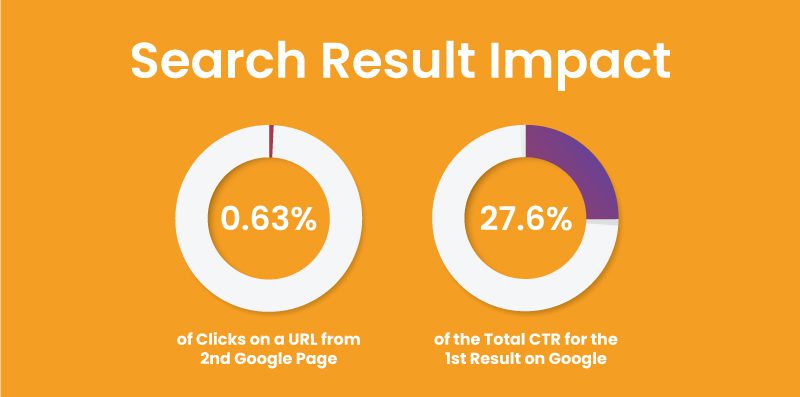
SEO helps get your website “noticed” by search engines and potential customers when they search for your products or services.
Now, as your business operates in new markets, your website needs to get noticed by search engines and potential customers in these markets.
Your local SEO tricks won’t work here. It’s the synergy between SEO localization and website localization. But before we go deep into that, here’s a glimpse into the differences between SEO and SEO localization.
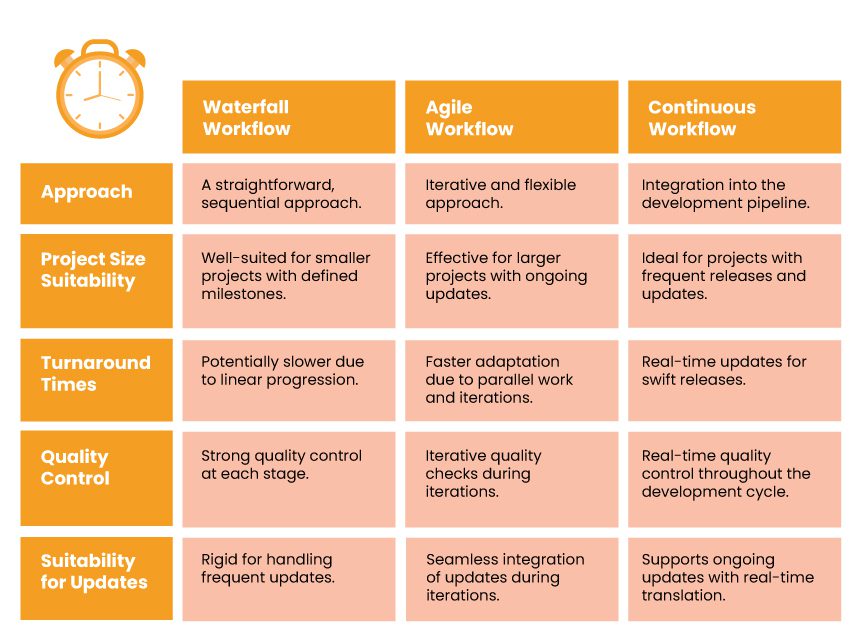
SEO Localization and Website Localization Services
As you shift into global markets, so does your digital presence. And this starts with your website.
The main objective is to let your business communicate with local audiences in different markets. This requires website translation and localization.
When you localize your website, you’re essentially creating multiple versions of it for different languages and cultures. To increase your visibility in these markets, each version of your website needs optimization for search engines in its respective language or culture.
SEO Localization comes here as a strategic pathway to boost your localized website visibility. It is the optimization of your website rank in search engine results and traffic within specific local or regional markets.
Website localization coupled with SEO localization isn’t just about getting your website noticed. It’s about creating a meaningful connection with your new customers.
Key Aspects of SEO Localization
- Keyword Research and Localization
- Website Content Translation
- Region-specific Search Engine Optimization
- Geo-targeting
- Improving the Website’s UX
For example, a major aspect of SEO localization is determining which search engines are most commonly used in a specific locale.
While Google, Microsoft Bing, and Yahoo are the most popular search engines globally, the most frequently used search engine in China is Baidu, placing Google fourth in popularity.
So, if you optimize your translated content solely for Google when targeting the Chinese market, you won’t achieve your desired results.
Thus, SEO localization’s goal is to reach your new target audience in the most effective way-possible.
4 Reasons You Should Opt for Website and SEO Localization
There are several benefits to website localization services that greatly impact your business. Let’s take a look.
A. Improved User Experience for Non-Native Speakers
Non-native speakers may struggle to navigate websites that are not localized to their native language. In fact, 72.1% of users choose to navigate through websites in their native language only.
With language accessibility and personalization in mind, website and SEO localization showcases products, services, and offers in your audience’s native language and tailored to local preferences.
Not only that, but these approaches work together to provide a smooth user experience through localized content, adapted UI, and optimal website navigation and performance.
And it’s no secret that user experience has a significant impact on purchasing decisions.
If your SEO and website localization efforts can ensure a smooth user experience from the search bar to the shopping cart, prioritizing quality and convenience, you win. That’s because only then you are influencing your users’ decision to move forward with a purchase and influencing their confidence in your brand
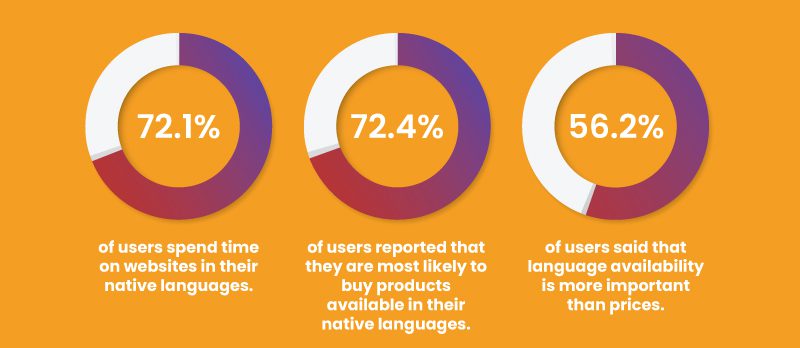
B. Improved Ranking on SERPs
As previously mentioned, SEO localization involves keyword research; localizing and using region-specific keywords that resonate with local cultural preferences and search behaviors.
The more your SEO localization efforts align with these preferences and behaviors, the higher it ranks on search engines and the easier it gets for your potential users to find you. You climb a single step up the SERPs ladder, the crowd’s attention shifts to you.
That’s where the numbers come in – moving up just one rank on the first Google page can make a whopping increase in CTRs by 32.3%.
In turn, this better rank and visibility improve your organic traffic. With SEO localization and website optimization This is simply because, with SEO and website localization, your website speaks their language, understands their needs, and pops up when they’re looking for you in their native language.
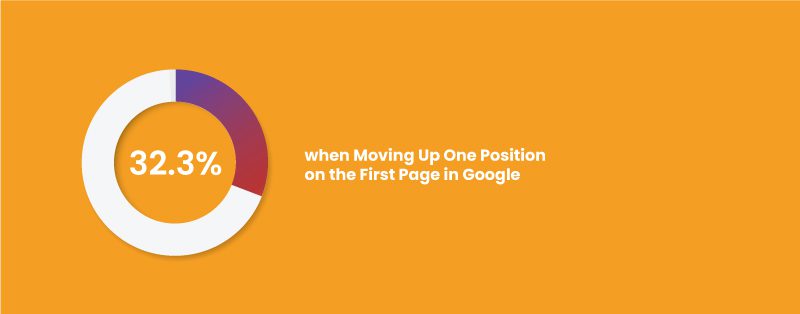
C. Increased Conversion Rate
It all just adds up! Localized website, localized keywords, more visibility, more traffic, better user experience… higher conversion rates.
As established earlier, website and SEO localization help provide a seamless and familiar user experience while enhancing your search engine’s rank. Not only does your brand’s visibility increase, but also your target audience enjoys navigating your website with ease and convenience
This personalized experience leads to longer browsing sessions, reduced bounce rates, and a greater likelihood of users engaging and taking action – ready to convert.
And a higher conversion rate equals higher sales!
D. Enhanced Credibility and Trustworthiness
With SEO localization and website localization, it boils down to localized content, traffic, navigation, and aesthetics.
When you rank higher, people automatically assume your brand is credible. That’s mainly because search engines take important aspects such as SEO and domain authority into consideration in their rank.
In addition, clients are more likely to trust and do business with companies that understand and respect their culture and language.
So technicalities aside, SEO localization and website localization are all about bridging the limiting geographical and language barriers and building personal connection and trust.
This connection is the cornerstone of conversion.
Finally, localization demonstrates your commitment to meeting the needs of your international audience, delivering an experience that goes beyond geography and language. This can help your business build a positive reputation in international markets, leading to increased brand recognition and customer loyalty.
And a higher conversion rate equals higher sales!
7 Best Practices for Website Localization and Multilingual SEO
Now that we’ve covered the benefits of website localization services, let’s take a look at some localization best practices for multilingual SEO.
A. Internationalization
Generally speaking, internationalization (i18n) is a foundational step that comes before localization.
Internationalization prepares the software for localization by using Unicode character encoding, avoiding hard-coded text, and taking language formatting conventions and translation challenges into account.
In addition, it involves adapting the software to ensure the readability and adaptability of bidirectional or vertical text, complex scripts, address formats, name conventions, and measurement units seamlessly after localization.
When you decide to go for website localization, your first step should be to internationalize your website to make sure it can handle different languages, currencies, time zones, and more region-specific aspects.
This doesn’t only optimizes the whole process, but also saves you money and time.
B. Conduct Thorough Keyword Research in Target Languages
When you’re optimizing your website for search engines in different languages, it’s important to conduct thorough keyword research. This will help you identify the most relevant and popular keywords and phrases within each language and culture.
Quite often, there will be different words for the same product, but only one keyword is commonly used to look for that product.
By using these keywords in your content and meta tags, you can increase your chances of ranking higher on the SERPs, and so increase your visibility.
C. Optimize Website Structure and URLs
In SEO localization, your website structure and URL are a strategic advantage.
It’s important to structure your website in a way that makes sense for your target audience, making sure your multilingual content is logically organized and that your users can easily find what they are looking for without confusion or frustration.
This includes several crucial aspects such as the website layout and UI, design, and navigation.
On the other hand, a well-optimized URL structure helps both users and search engines find the right version of your website. This also streamlines indexing by search engines, which improves your website’s SEO performance and reinforces your website’s credibility and user trust.
D. Implement hreflang Tags
Hreflang tags are HTML attributes that tell search engines which language and region your content is intended for. There are two types of hreflang tags: language and region tags, which signal the language or region-specific version of your content to your search engines and users.
For instance, if your website has pages in English and Swahili, hreflang tags ensure that Swahili-speaking users are directed to the Swahili version and English speakers to the English version.
Region-specific tags, on the other hand, are more suitable when your website supports a language that’s spoken across multiple countries. For example, your website features the French language for users in France and users in Canada.
This not only ensures that your users find content that aligns with their linguistic and cultural context but is also particularly important to avoid duplicate content, positively impacting your search engine rankings.
E. Develop Valuable Multilingual Content
Providing multilingual content is no easy task. It means you need to provide rich and valuable input in different languages on the topics that interest your target audience.
This means that you don’t only translate the content you already have, but you also create product and service pages, blog posts, and landing pages specifically tailored for each target audience.
In addition, you need to integrate targeted keywords, idioms, slang, and jargon into your content to resonate with your customers and provide a local experience.
In turn, providing valuable content will decrease your bounce rate and improve your overall rank.
F. Build High-Quality Backlinks for Multilingual Websites
Backlinks are links from other websites to your website. Other websites backlink you when your website provides valuable information that isn’t available anywhere else.
In short, backlink means you being the source, and that is a huge indicator of the relevance and credibility of your content to search engines.
But not just any backlinks. Backlinks from reputable websites within various languages and regions validate the cross-cultural value of your content. The more high-quality websites link to your multilingual pages, the higher your website’s authority becomes.
And to build high-quality backlinks, it starts with developing original, informative, and engaging content (see previous tip). You can also reach out to websites within your industry, submit your website to local directories and online communities, or use guest posts.
Ultimately, backlinks when done right can enhance your website’s authority, relevance, and impact.
G. Use Analytics Tools
Your SEO and website localization is only half of the battle. The other half is measuring the efficiency and performance of your efforts. These tools include Google Analytics, keyword research tools, and localization tools.
Leveraging analytical tools helps you with insightful data on your user behavior and website performance when entering a new market. For instance, you can learn which content resonates most with your audience, how long your users stay, and when they leave.
You can also assess how your website’s language versions perform in their respective areas as well as identify trends that you can later shape your content efforts around them.
These tools are essentially helpful to provide detailed keyword data for different languages and countries as well as track conversions across your website language versions.
Analytics tools allow you to gain insights into:
- User Insights
- Engagement and Bounce Rate
- Keyword and Traffic
- Conversion
- Regional Performance
These tools provide you with valuable information and insights that inform your next steps. Whether you need to deliver more meaningful localized content, improve your keyword strategy, or refine your conversion optimization strategy, these tools track changes, monitor the effects of your efforts, and help you identify areas for improvement.
A Software Localization Process Checklist
Don’t miss a step and get a quick checklist to guide your software localization process.
Sawatech Website Localization Services and SEO
Sawatech provides you with the best website localization services in 120 languages, specializing in African languages. With our website localization services and multilingual SEO, you can successfully expand into the African market!
We provide cost-effective pricing plans and the fastest turnarounds. We also provide you with 24/7 support thanks to our wide teams of project managers and linguists.
Our team of linguists includes professional translators, localization specialists, and content writers who have years of experience in search engine optimization. We work in adherence to our most refined ISO 17100 certification standards to provide you with impeccable website localization services.
If you’re seeking to rank better and explore a new African market, don’t hesitate to contact us.
Whatever your software localization needs are, we are here to help.

